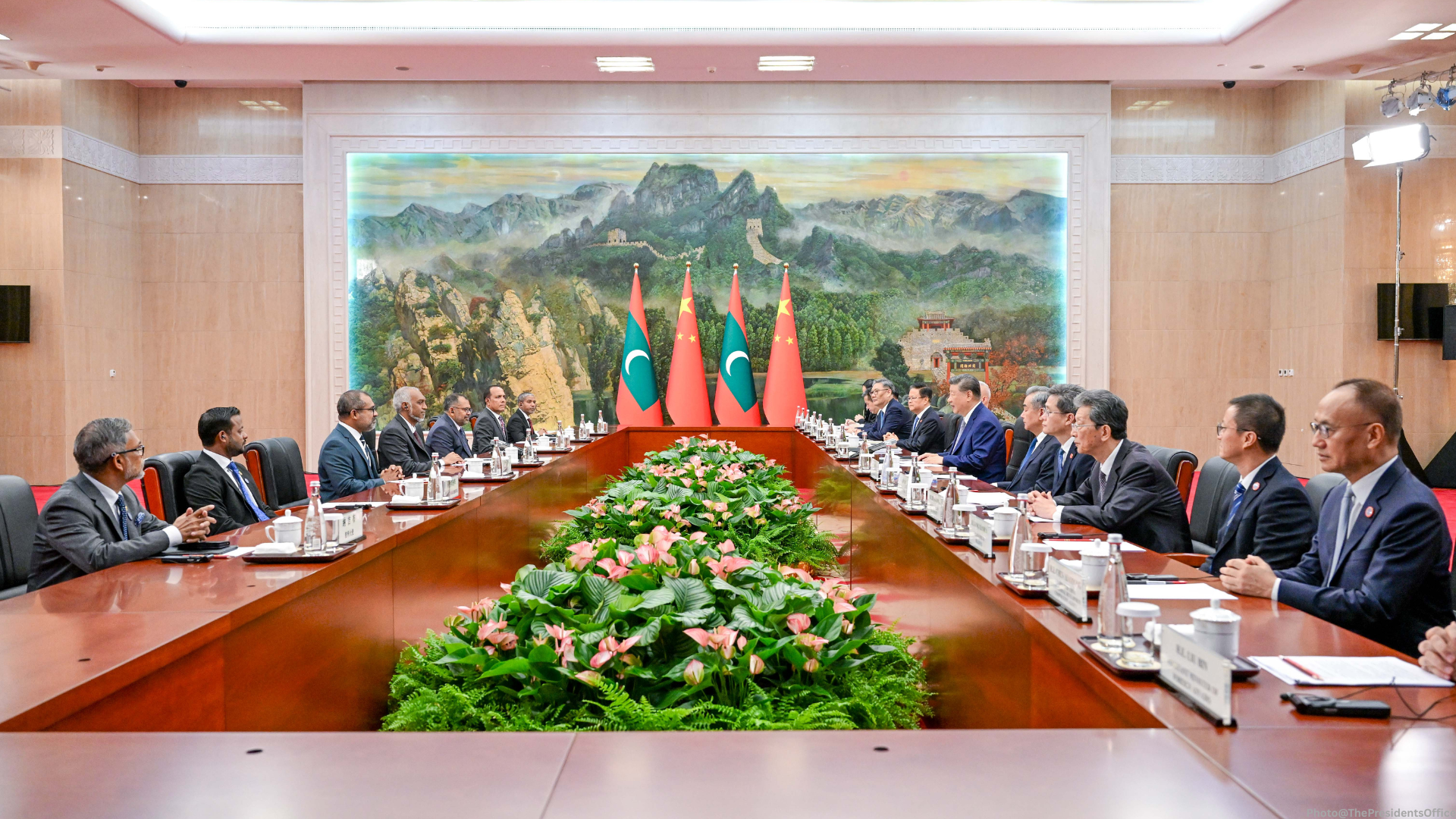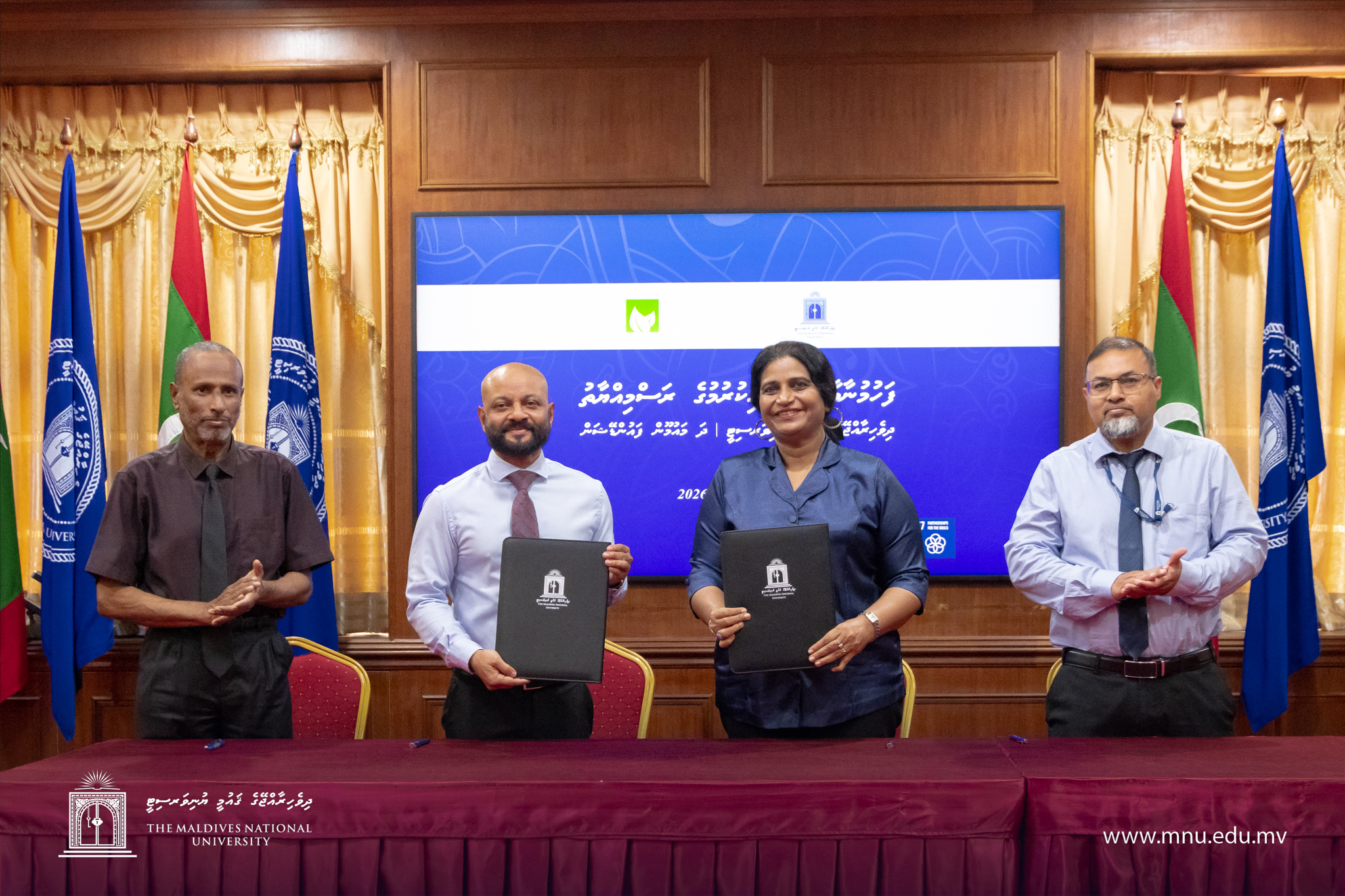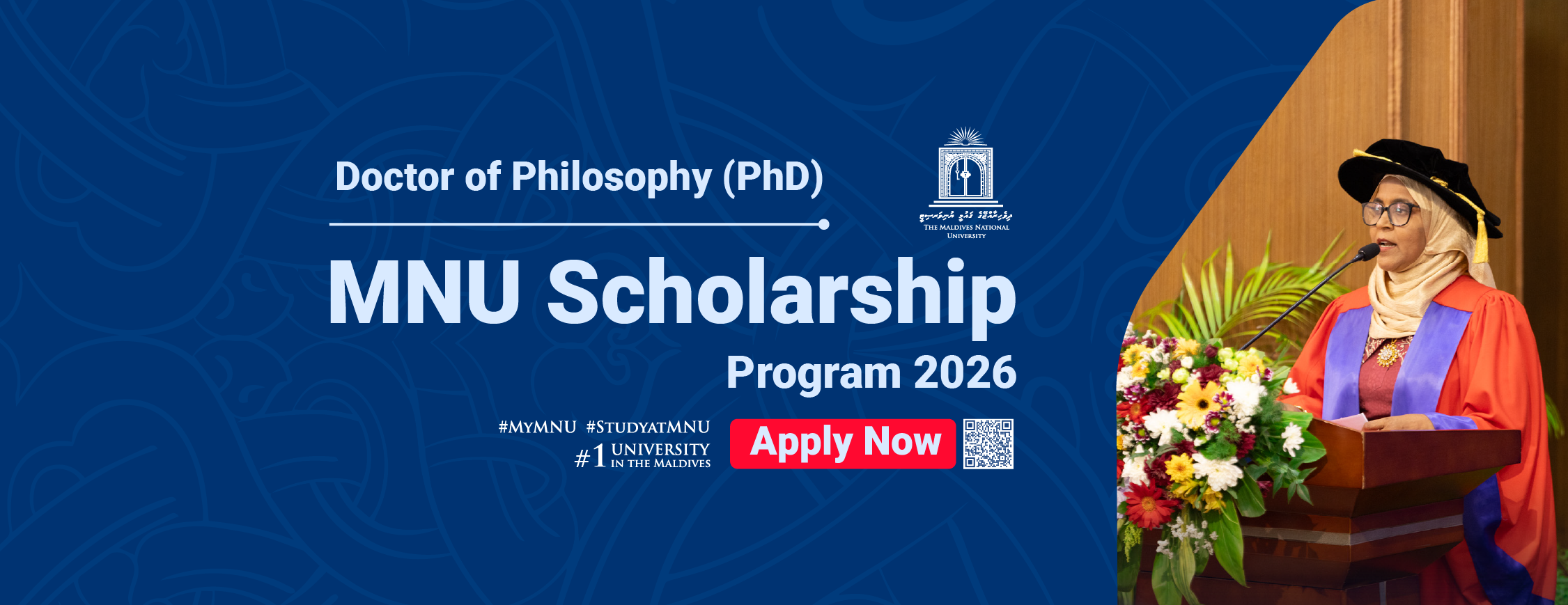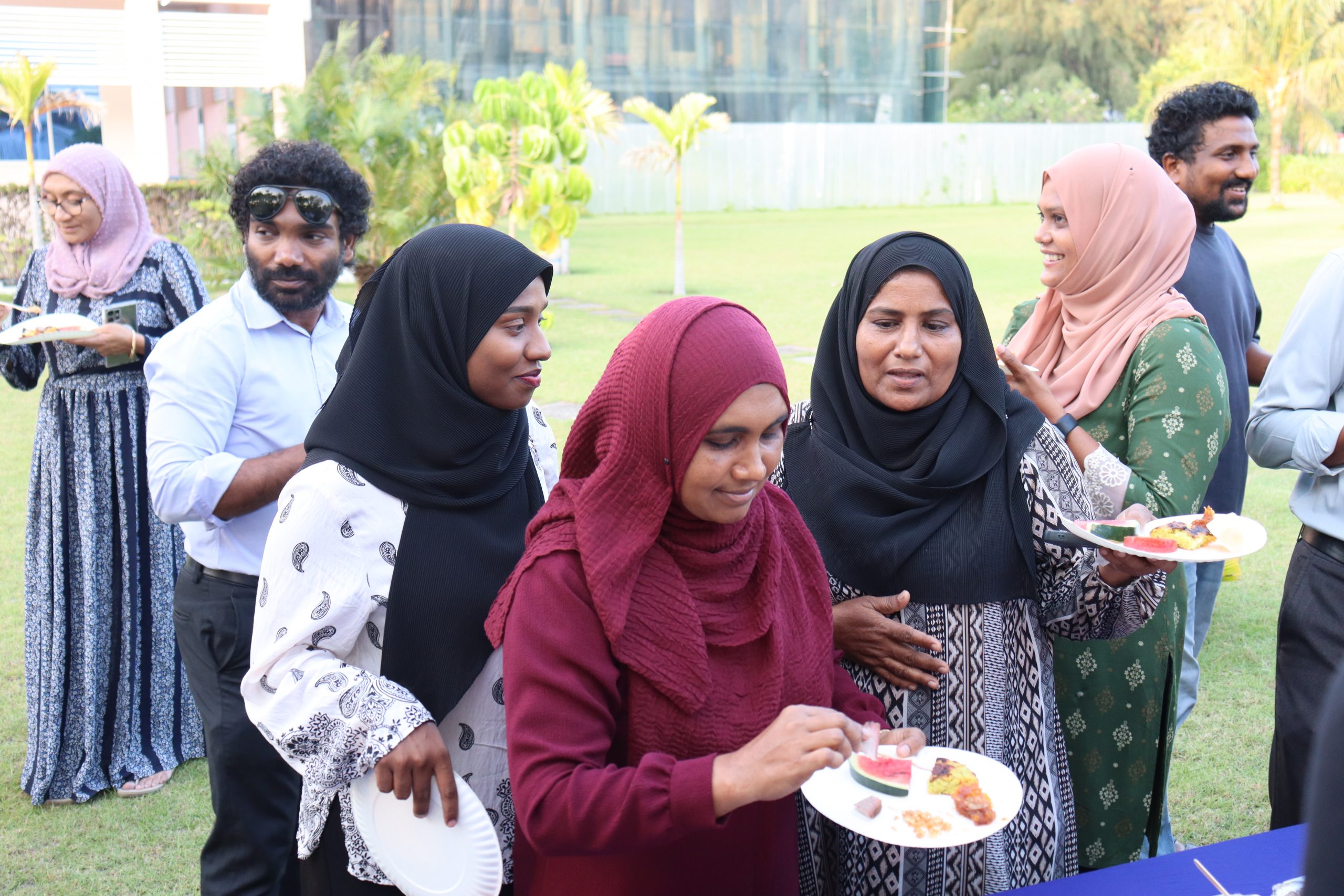Introduction
Maldives’ President Dr. Mohamed Muizzu’s visit to China on 31 August 2025 and his renewed endorsement of the Maldives-China Comprehensive Strategic Cooperative Partnership (2024–2028) mark a strategic moment in Maldives’ foreign policy. This reaffirmation signals an open diplomatic posture toward extra-regional actors, particularly China, while maintaining a firm commitment to Indian Ocean security.
As a small state, Maldives must navigate complex geopolitical currents with strategic clarity. Engaging with non-traditional security actors like China requires not only diplomatic finesse but also a responsible role in regional security dialogues. Recent efforts to build maritime interoperability on regional security missions – such as the introduction of Türkiye-supplied drones and TCG Volkan (P-343) warship and announcement of Australia-gifted Guardian-class Patrol Boat – demonstrate Maldives’ pragmatic approach to maritime security cooperation.
Muizzu’s visit narrates a broader strategic vision – i.e., diplomacy and dialogue as tools for navigating national interests through the regional complexity and expanding strategic partnerships.
Agents of Navigation, Small States in International Relations
Small states are often perceived as vulnerable actors in international relations due to their limited material capabilities and susceptibility to external shocks.
Theorists like John Mearsheimer argue that, even in an anarchic system, states pursue survival through strategic balancing. Alexander Wendt emphasises the role of identity, norms, and social structures in shaping state behaviour. Small states may not directly influence great powers, but they do have a level of agency, built on a vulnerability identity and diplomatic narratives, to pursue strategic dialogue in engaging with like-minded partners on defence and security issues.
Maldives can construct its own security and development narratives – i.e., it does not need merely to react to external pressures but shape its foreign policy position based on its interests.
Through initiatives in climate diplomacy, maritime security, and regional governance, Maldives asserts agency in the Indo-Pacific. Its participation in multilateral forums such as the Indian Ocean Rim Association (IORA), the Colombo Security Conclave, and now the Shanghai Cooperation Organisation (SCO) reflects a deliberate strategy to amplify its voice and influence.
With China, a Strategic Friendship?
Maldives’ engagement with China is both developmental and strategic. Maldives must avoid entanglement in great power rivalries while securing its national interests. For Maldives, with China, it is not merely a transactional relationship but a layered engagement across infrastructure, climate, digital economy, education, and security.
During President Muizzu’s January 2024 state visit to Beijing, 20 bilateral agreements were signed, forming the backbone of this strategic partnership. Areas covered include:
- Infrastructure & Urban Development: The Rasmalé land reclamation and housing project – Maldives’ largest housing initiative – was launched with Chinese grant assistance. This reclamation project is estimated to cost USD 500 million.
- Climate & Environmental Cooperation: Memorandum of Understanding (MoU) on green and low-carbon development was signed to support Maldives’ climate adaptation goals.
- Digital Economy: Strengthening investment cooperation in the digital economy reflects China’s support for Maldives’ digital transformation.
- Education & Human Resource Development: Expanded scholarships, training programs, and institutional exchanges were formalised.
- Health & Agriculture: Technical cooperation on pest control, food security, and equipping 17 health facilities with Chinese laboratory technology was initiated.
- Media: A MoU between China Xinhua News Agency and Maldives Public Service Media (PSM) promotes content sharing and public diplomacy.
For Maldives, this strategic friendship with China complements Maldives’ ongoing engagements with India, Australia, the United States and Turkey, for that matter. It reflects Maldives’ multidimensional diplomacy – a calibrated approach to securing national interests while maintaining strategic autonomy.
Implications for Regional Dialogue
Maldives’ presence at the August 2025 SCO Summit in Tianjin, China, coincided with a significant diplomatic development – India’s Prime Minister Narendra Modi’s visit to China and his meeting with China’s President Xi Jinping highlights this. Despite persistent border tensions, both leaders signalled a willingness to recalibrate their foreign policy stances.
This evolving alignment opens space for other Indian Ocean states, including Maldives, to bolster strategic dialogues without being perceived as disruptive. Modi’s engagement with Xi indicates that even amid unresolved disputes, strategic convergence on shared interests is possible. For Maldives, this creates diplomatic room to deepen ties with China while maintaining constructive relations with India.
The optics of Muizzu’s second visit to China – less than two years after his first – are now interpreted through a different lens. In January 2024, the visit was viewed by some regional observers as a pivot. In August 2025, it appears more aligned with a broader regional trend of pragmatic engagement. India’s own participation in SCO dialogues and its cooperative stance toward China on shared platforms signal a recalibration that benefits smaller states.
In the SCO, Maldives showed enthusiasm and willingness to observe China’s role in changing global trends. In his statement, Muizzu emphasised:
I commend China’s commitment to reforming global governance, tackling global challenges, and supporting developing countries. Rooted in the U.N. Charter, the initiative underscores the need for a system based on international law. The Maldives strongly supports this initiative. In an increasingly interconnected world, stronger cooperation is key to building a more just, peaceful, and inclusive global order.
Conclusion
Maldives’ reaffirmation of support for the Maldives-China strategic cooperation during the SCO Summit was not a deviation but a continuation of its strategic narrative – i.e., openness, multilateralism, and pragmatic engagement. Maldives asserts its relevance, not through power, but through presence, purpose and dialogue.
Authors
Dr Athaulla A Rasheed is the Head of Centre at the Centre for Security and Strategic Studies at The Maldives National University. A former foreign service officer and diplomat at the Ministry of Foreign Affairs, Maldives, Athaulla also holds two PhDs in international and strategic studies, and political science from ANU and the University of Queensland, Australia.





